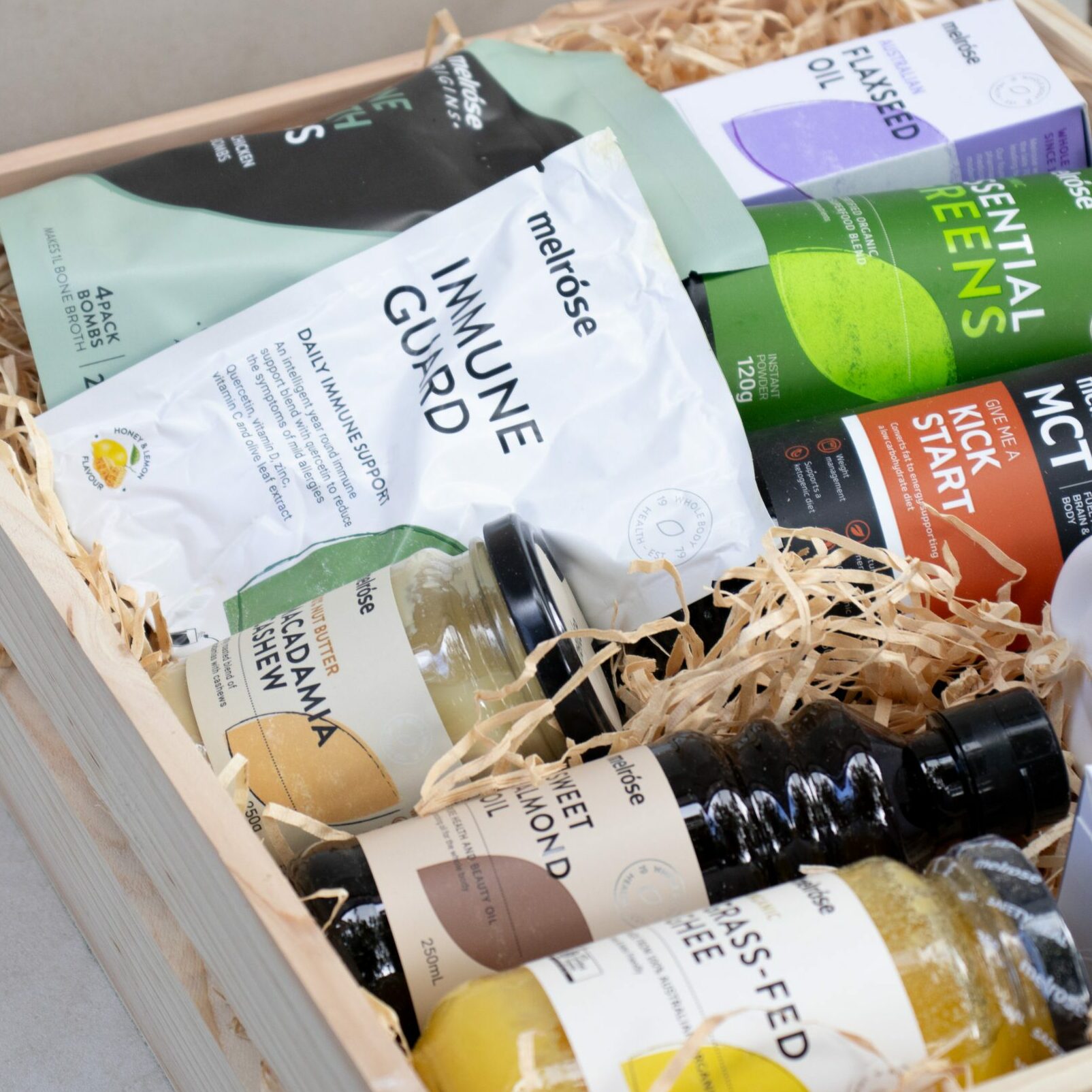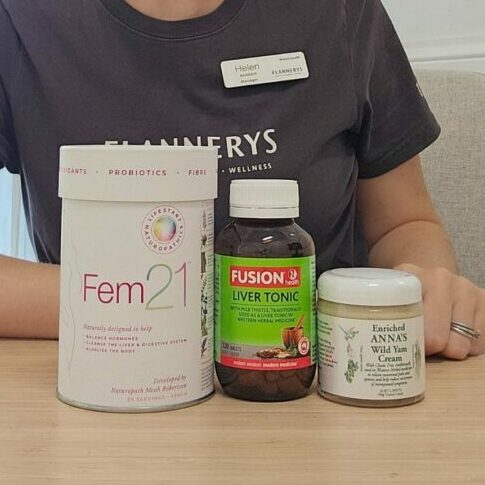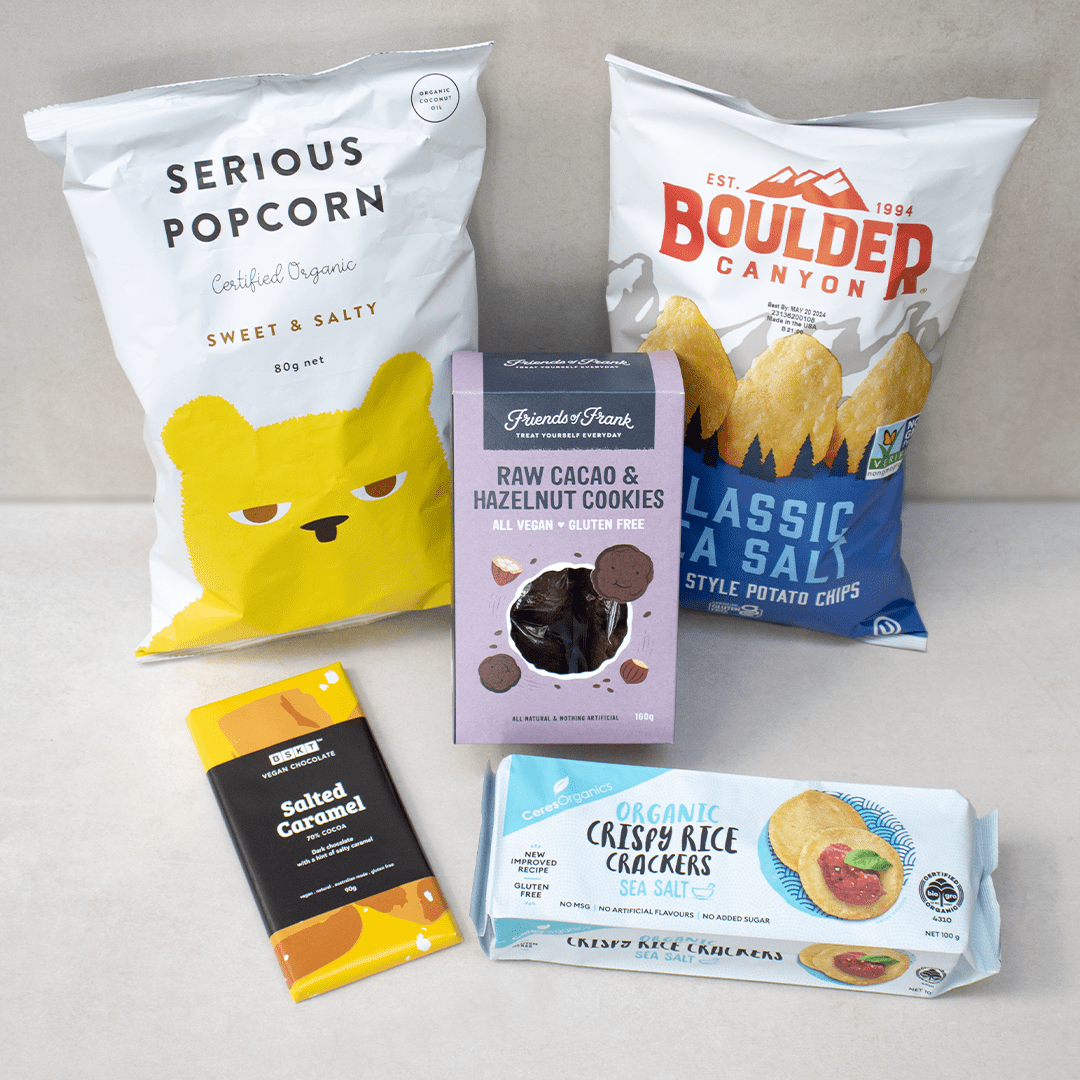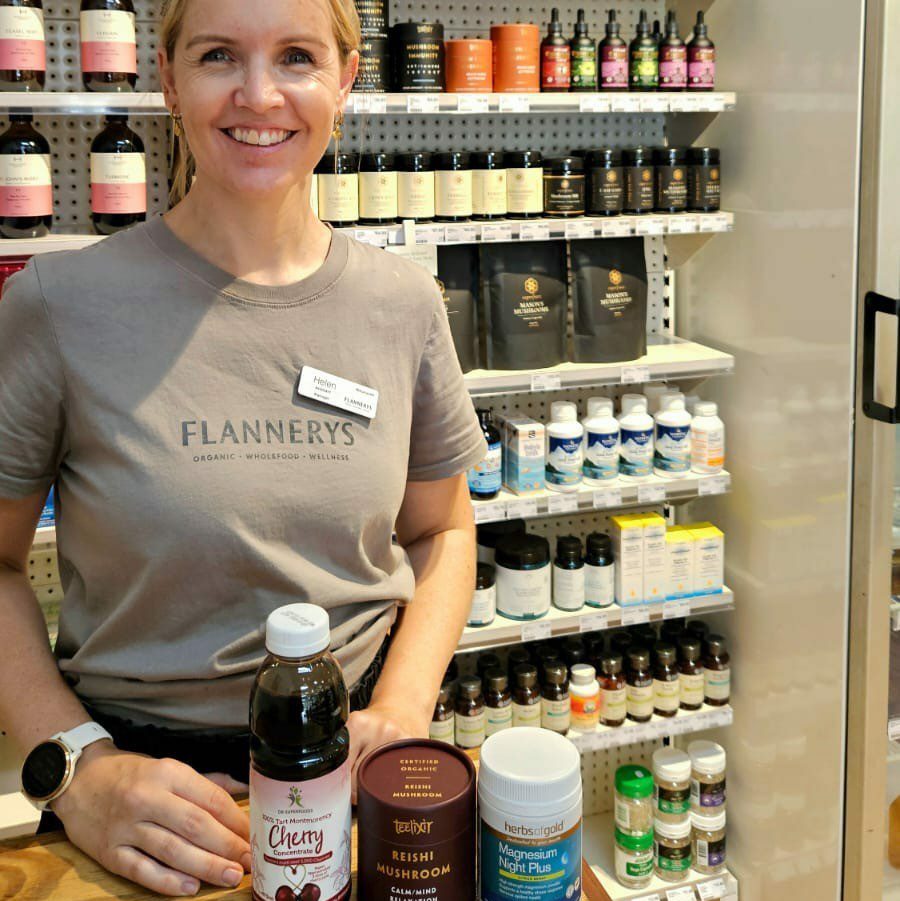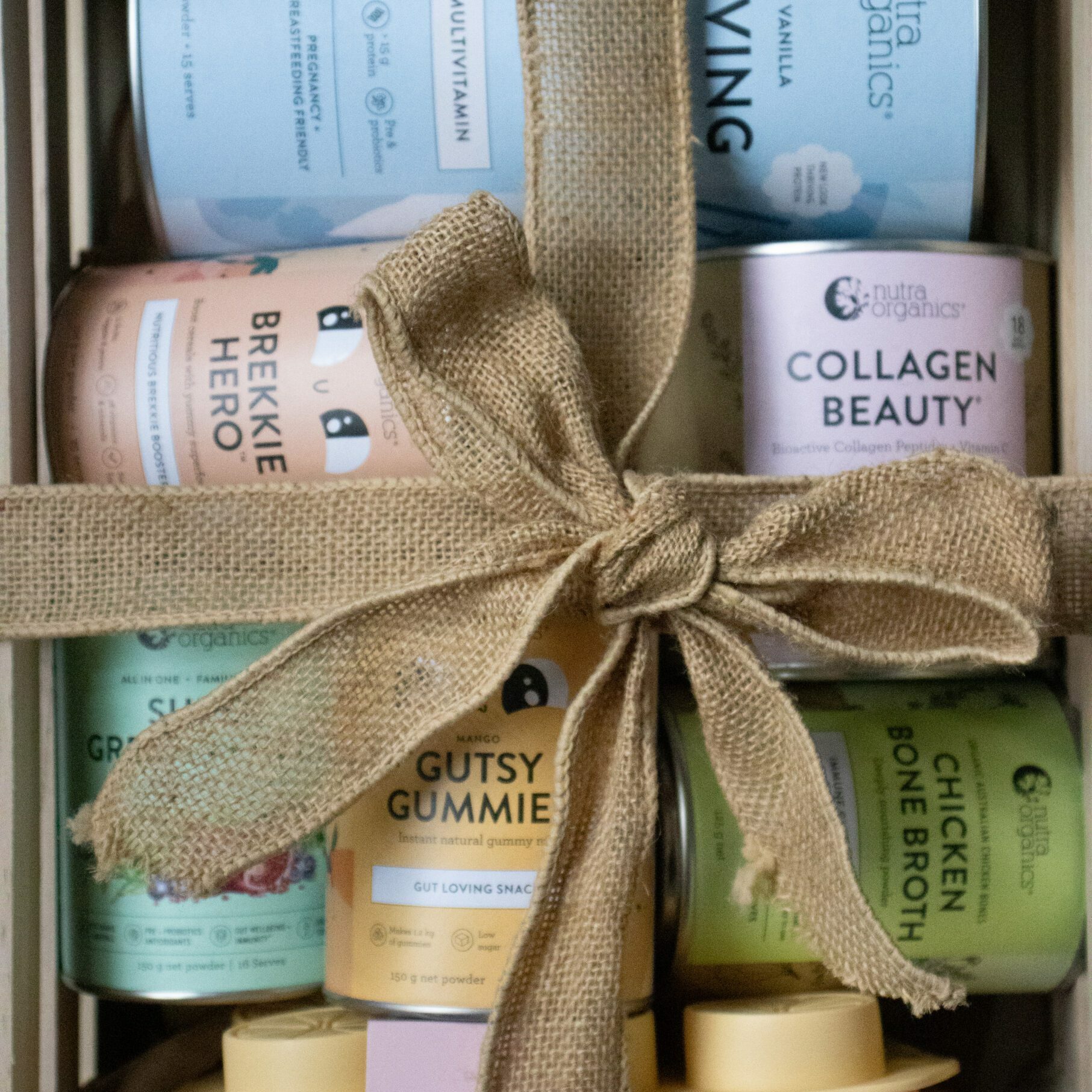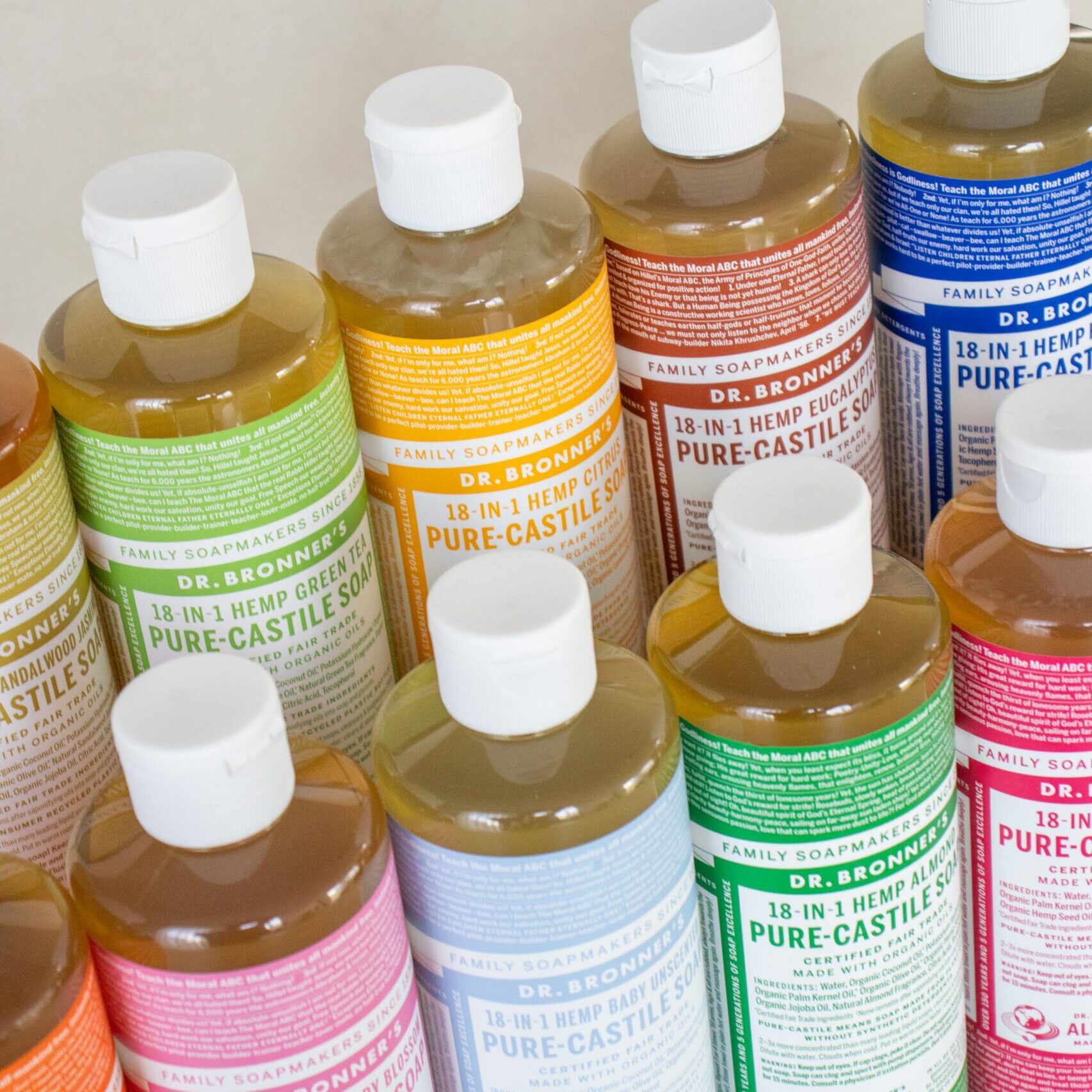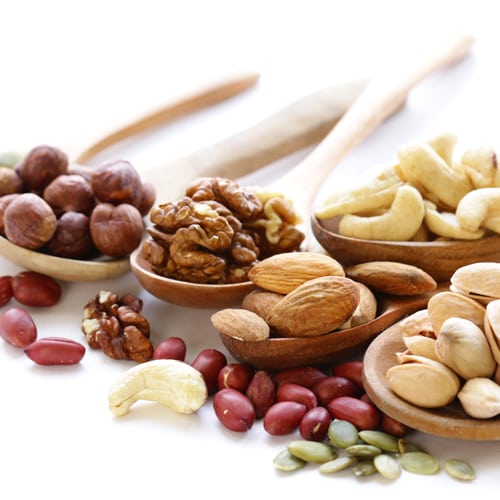
16.07.2018
Do you suffer from anxiety? You might want to try this
By Joshua Gaudry, Food Scientist, Flannerys Organic & Wholefood Market
When trying to tackle any mental health issue we find it important to look at it holistically and remember our human bodies are incredibly good at adapting. Therefore if we spend our whole day stressed with our nervous system ramped up, adrenaline pumped and heart rate elevated as if we were in some sort of danger. Then your body, nervous system, even your muscles in your diaphragm will adapt to maintaining that state. There are real physiological adaptations to prolonged stress and addressing this might help to reduce anxiety symptoms. It will likely take some conscious effort and dedicated time to offset or balance out these, here are our top tips to help sufferers of anxiety.
Cut out the sugar
As anxiety is a mental health issue we can’t say it is caused exclusively by diet and lifestyle but it does seem to play an important role. A diet high in sugars and processed carbohydrates can make anxiety symptoms worse as it makes it harder for the body to cope with stress. Sugar doesn’t cause anxiety, but the spikes in insulin and lack of blood sugar control that comes with excess sugar consumption can put stress on the body that leads to worsened anxiety. A study in 2008 showed that rats that went on a sugar binge and were then deprived of food seemed to have a dopamine imbalance that lead to increased anxiety.
Take care of your gut
There is more and more evidence being shown in research of the importance of our gut health and our gut- brain connection. We have a symbiotic relationship with our gut bacteria and it’s been shown that our gut health can have an effect on our mood and mental states. Increasing fermented foods such as sauerkraut, kefir and tempeh, and avoiding all the nasty emulsifiers, colours and preservatives found in processed foods can help to support healthy gut bacteria. Also eating prebiotic fibres like inulin and resistant starch can help feed these bacteria and supplementing with a good probiotic can really help.
Reduce caffeine/stimulant intake
Anxiety is a heightened response to stress, caffeine has been shown to worsen anxiety sufferers’ symptoms as it mimics the physiological effects of stress and anxiety.
Meditate
In terms of clinically proven health benefits, meditation has more evidence than nearly any single practice or treatment. Meditation however is not a symptomatic cure for anxious feelings but a consistent daily mediation practice can be one of the best preventative measures. Learning to watch our thoughts can help us to notice the thoughts or situations that are leading to an anxiety response. A really good way to start meditating if you’ve tried and struggled before is to start with guided mediations, as these can really help to remind you to come back to the breath or mantra and resist the urge to follow your thoughts.
Eat more of these foods
Eating more omega 3 containing foods such as fish, avocados, nuts and seeds can help to support healthy brain function and neurotransmitter production. Magnesium rich foods such as nuts, seeds and green leafy vegetables can help the body to relax and are important to many other bodily functions. Incorporating foods rich in phyto-nutrients, and antioxidants like blueberries, acai, cacao and maca into your diet will give your body the best chance to be able to cope with stress.
Supplementation
Important nutrients can sometimes be hard to get in adequate doses from our diet alone, especially in times of stress where they get depleted much faster. Supplementation with fish oil, magnesium supplements and herbal remedies can be beneficial for your overall health and to help with anxiety.
Herbal supplements with calming ingredients such as fusions stress and anxiety can be helpful for people suffering from mild anxiety. Drop by in store to speak to one of our qualified naturopaths or nutritionists to discuss which supplements are right for you.
This article is for educational purposes only. Always seek health advice from your healthcare professional.
Share this post with your friends

